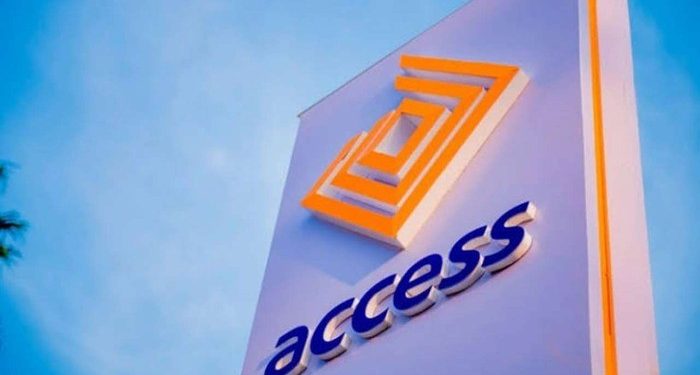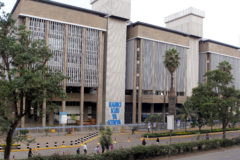Access Bank’s pan-African drive sees another boon: an acquisition that could make it one of the continent’s topmost banks.
Access Bank has completed negotiations to acquire the sub-Saharan subsidiaries of Standard Chartered Bank for an undisclosed sum. This acquisition is in line with Standard Chartered’s plan to divest its businesses in Africa.
The deal includes the sale of Standard Chartered’s stake in subsidiaries in Angola, Cameroon, Gambia, and Sierra Leone to Access Bank. Additionally, Access Bank will acquire Standard Chartered’s consumer, private, and business banking business in Tanzania. The deal, which is to be completed by 2024, excludes the sale of the bank’s Nigerian subsidiary.
“Access Bank will provide a full range of banking services and continuity for key stakeholders including employees and clients of Standard Chartered’s businesses across the five aforementioned countries,” Standard Chartered said in a statement.
Standard Chartered’s decision to exit these countries in Africa and the Middle East (AME) aligns with its strategy to enhance profitability by focusing on faster-growing markets in the region. The transaction remains subject to regulatory approvals in all five countries.
Sunil Kaushal, Standard Chartered’s regional CEO for AME, said the decision will allow the bank to focus on higher-growth regions. “This strategic decision allows us to redirect resources within the AME region to other areas with significant growth potential,” he said.
Access Bank, on the other hand, sees this acquisition as an opportunity to build a robust global franchise focused on “serving as a gateway for payments, investment, and trade within Africa and between Africa and the rest of the world”.
Commenting on the deal, Roosevelt Ogbonna, the Managing Director of Access Group, said: “With our recent European expansion and our deepened presence in key trading corridors across Africa, we will bridge the gap between cross-border and domestic transfers across all business segments.”
With this move, Access Bank, which is already Nigeria’s biggest bank by asset will see its value skyrocket as it takes a more prominent position in the African banking scene.
While this marks a boon for Access Bank, it underscores a growing trend of European Banks leaving Africa. In October 2021, Atlas Mara left seven African markets it was operating in. Credit Suisse followed in February 2022, the same month BNP Paribas of France reduced its African footprints. The common thread of excuse these banks give is that retail banking in Africa is high-risk and low-yielding. But it remains to be seen how deeply these assertions are affecting native African banks, like those in Nigeria, for example, with stock prices that have continued to go higher.





















